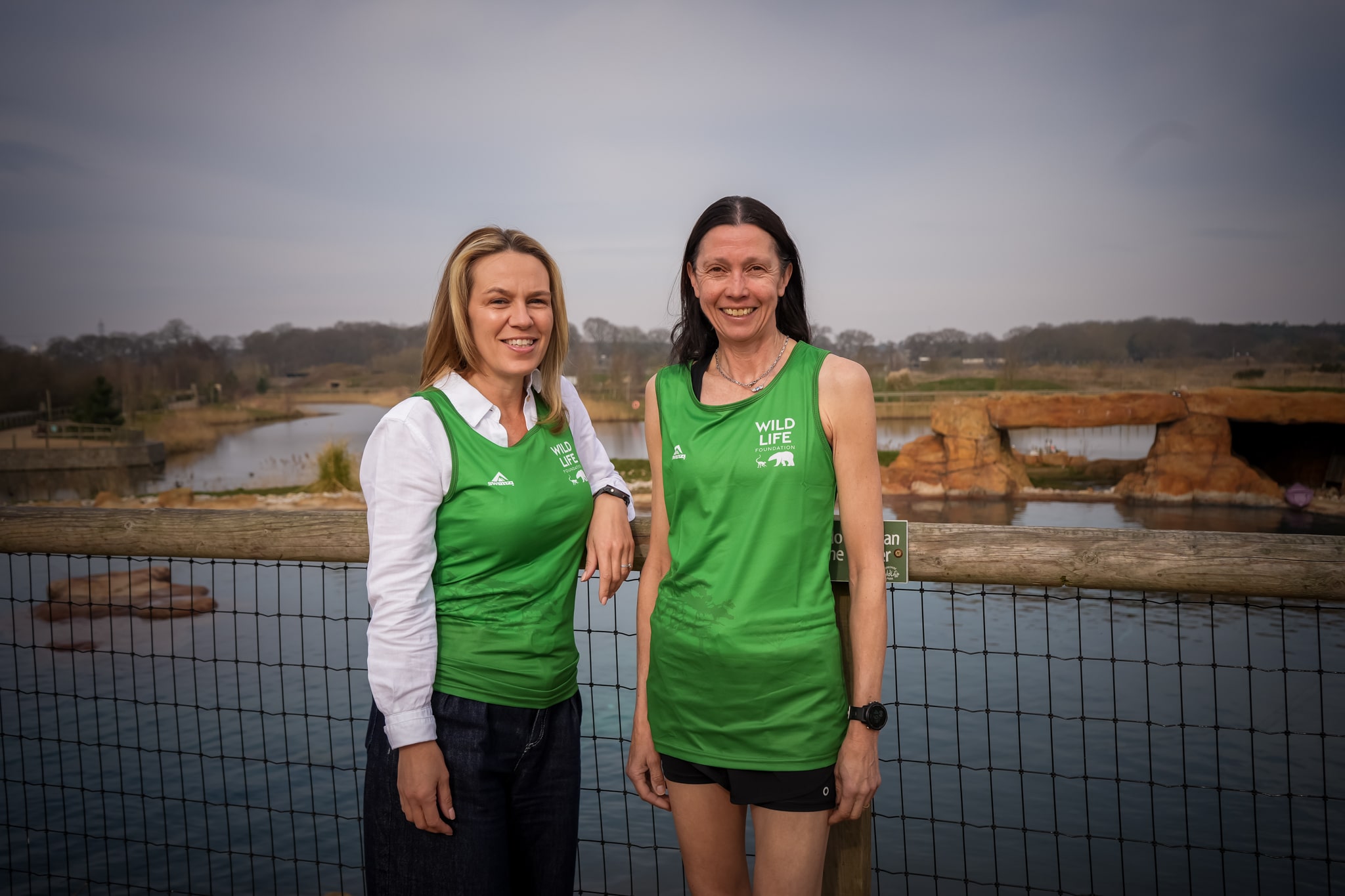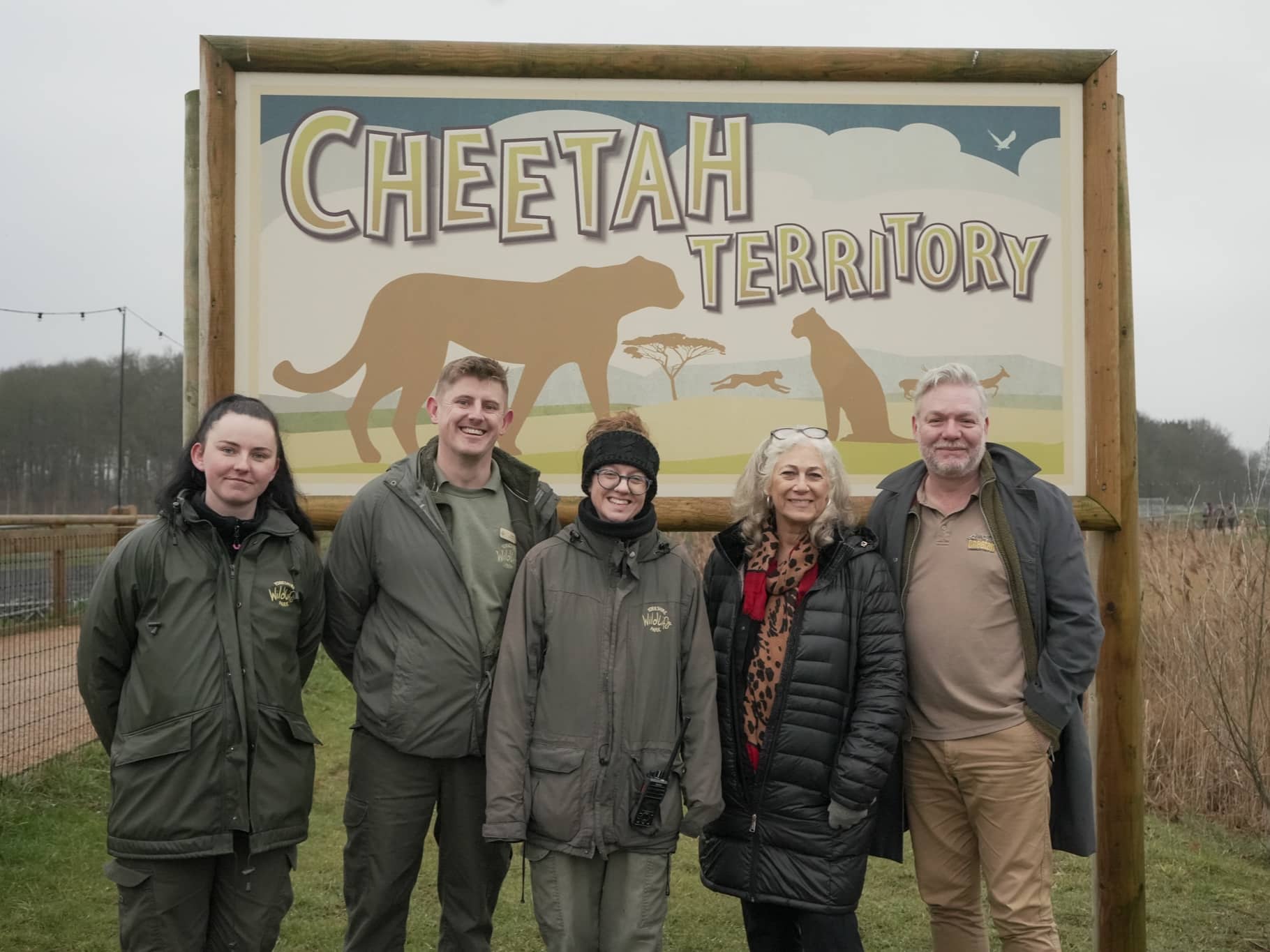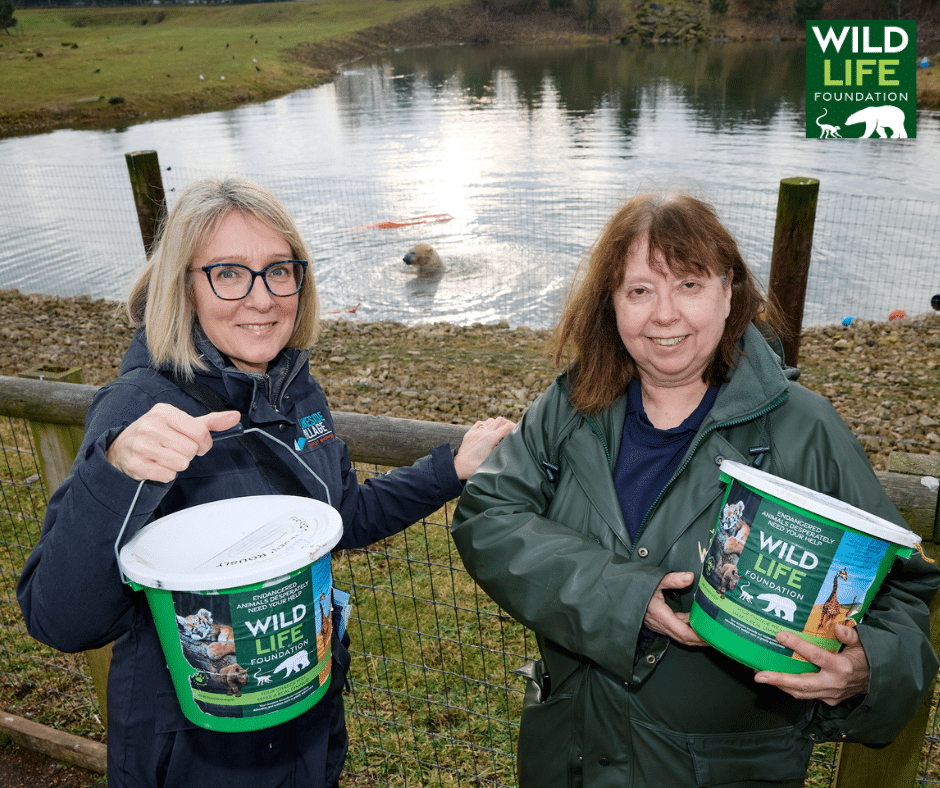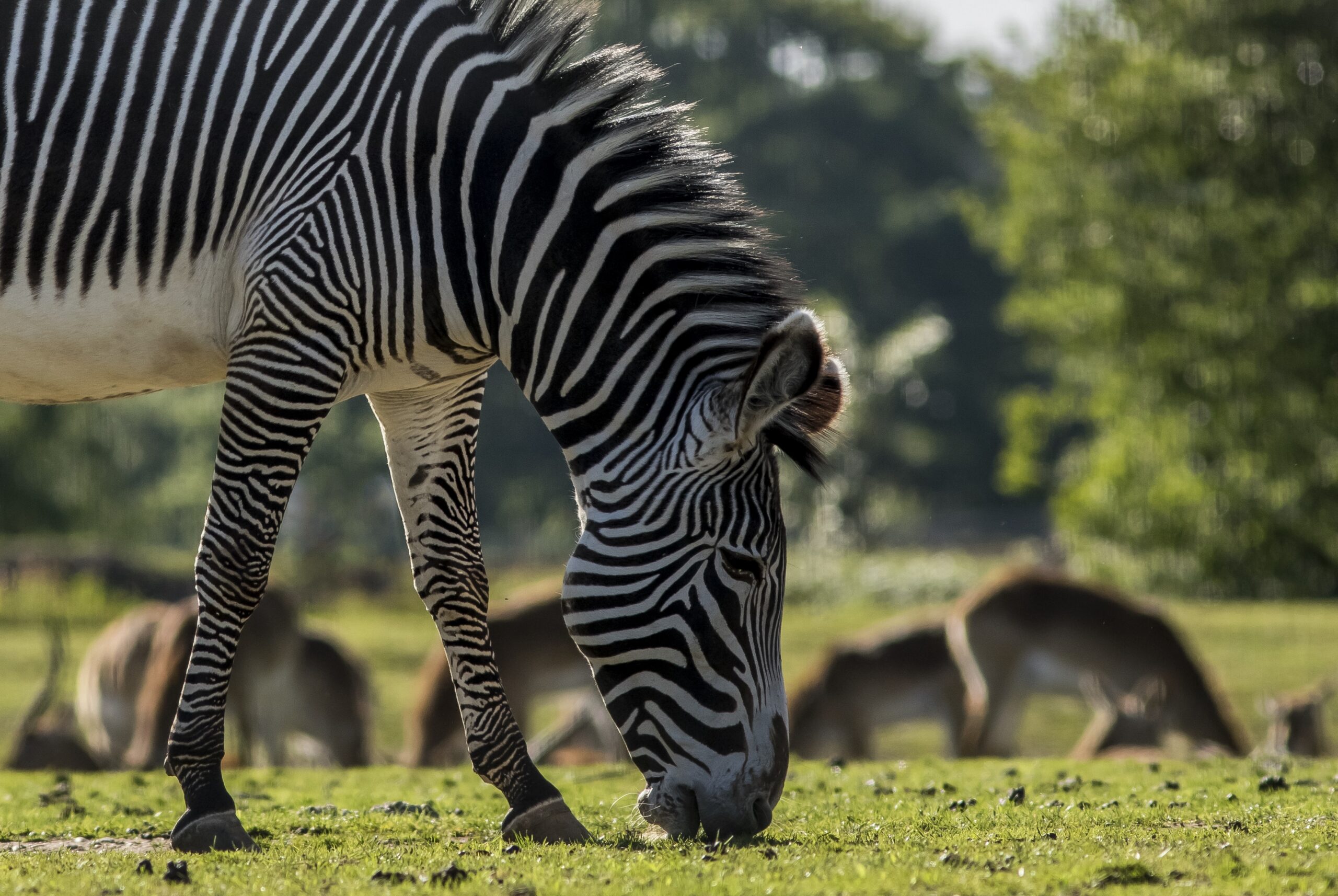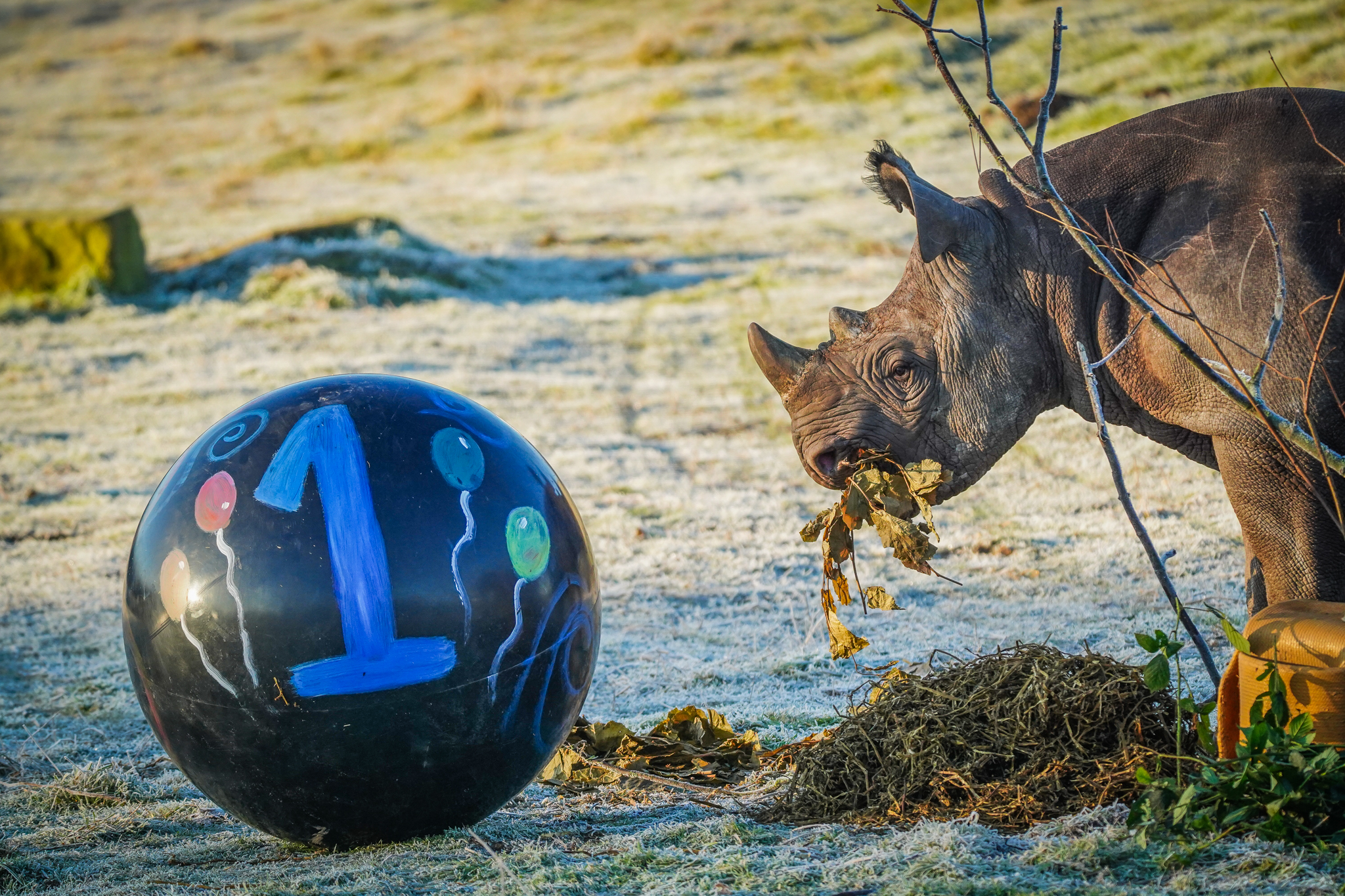Here at WildLife Foundation, a key date in our calendar is Polar Bear Week: our partners’ Polar Bears International’s annual event which raises awareness for the plight of Polar Bears and their habitat.
This year, Polar Bear week is even more pertinent as it coincides with COP26, as the world works together to accelerate action towards the goals of the Paris Agreement and the UN Framework Convention on Climate Change. Indeed, Polar Bear Week takes place during the annual polar bear migration to Churchill, Manitoba, Canada, to wait for the sea ice to return so they can hunt their seal prey. This wait is three to four weeks longer than it was a few decades ago, straining the limits of the bears’ fat reserves. The cause of this melting sea ice? Climate change. Now, as the species stands at a crossroads due to combatting the huge pressures brought on by climate change, we consider our role through our Polar Bear projects, and reflect on the goals on COP26 – on this occasion, the value of collaboration.
Collaboration
 The focus of negotiations at COP26 is to work together to finalize the rules needed to implement the Paris Agreement called the ‘Paris Rulebook’. Countries must collaborate to find a solution to carbon markets, and resolve issues of transparency, by putting in place a universal system that encourages all countries to keep their commitments. Plus, the focus of negotiations must be to broker an agreement that drives ambition from governments over the coming years to keep 1.5 degrees alive – a key COP26 initiative. Essentially, countries must collaborate to reach an agreement in these negotiations.
The focus of negotiations at COP26 is to work together to finalize the rules needed to implement the Paris Agreement called the ‘Paris Rulebook’. Countries must collaborate to find a solution to carbon markets, and resolve issues of transparency, by putting in place a universal system that encourages all countries to keep their commitments. Plus, the focus of negotiations must be to broker an agreement that drives ambition from governments over the coming years to keep 1.5 degrees alive – a key COP26 initiative. Essentially, countries must collaborate to reach an agreement in these negotiations.
As with COP26, collaboration is key to ensure our work here at WildLife Foundation can succeed. By participating in collaborative projects, we are working hard to be a key player in creating conservation standards, as well as campaigning for projects which battle to ensure species are not lost through climate change.
 As part of our flagship initiative Project Polar, we at WildLife Foundation work alongside Polar Bear International and Yorkshire Wildlife Park as part of an international centre for conservation, rehabilitation, and research, aiming to improve the welfare of polar bears in captivity and in the wild. Project Polar is a key part of the Arctic Ambassador Centre Network. Based in the U.S, Canada and Europe, Project Polar works with the network to collaborate on research, education and action that address the challenges polar bears facing in a warming Arctic.
As part of our flagship initiative Project Polar, we at WildLife Foundation work alongside Polar Bear International and Yorkshire Wildlife Park as part of an international centre for conservation, rehabilitation, and research, aiming to improve the welfare of polar bears in captivity and in the wild. Project Polar is a key part of the Arctic Ambassador Centre Network. Based in the U.S, Canada and Europe, Project Polar works with the network to collaborate on research, education and action that address the challenges polar bears facing in a warming Arctic.
Most notably, Project Polar participates in Polar Bear International’s Climate Alliance Program, helping to direct policy, build partnerships and engage in public outreach – key initiatives of Project Polar’s educational programmes.
But what is key to Project Polar, Polar Bears International and WildLife Foundation’s work in the Arctic, is research programmes that are only possible to conduct because polar bears currently live in the wild. However, with rising temperatures and melting sea ice making Arctic habitats increasingly difficult for polar bears to not only thrive but survive – we need your help.
Donating to WildLife Foundation can help us to continue to collaborate with Polar Bears International and tackle climate problems in the Arctic and continue to collaborate with vital projects and other charities that need our funding.




